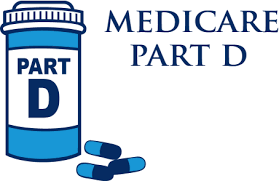On April 15, 2024, the U.S. Equal Employment Opportunity Commission (EEOC) released a final rule to implement the Pregnant Workers Fairness Act (PWFA). The final rule clarifies definitions and limitations under the PWFA and seeks to help employers understand their duties under the law. The final regulation will be published in the Federal Register on April 19, 2024, and becomes effective on June 18, 2024.
Background on the PWFA
The PWFA requires most employers with 15 or more employees to provide “reasonable accommodations,” or changes at work, for a worker’s known limitations related to pregnancy, childbirth, or related medical conditions, unless the accommodation will cause the employer an undue hardship.
Highlights from the Final Rule
According to the EEOC, the final rule provides important guidance to help employers meet their responsibilities and aid job seekers and employees in understanding their rights. Highlights from the final rule include:
- Examples of reasonable accommodations, including additional breaks to drink water, eat or use the restroom; a stool to sit on while working; time off for health care appointments; temporary reassignment; temporary suspension of certain job duties; telework; or time off to recover from childbirth or a miscarriage, among others;
- Guidance regarding limitations and medical conditions for which employees or applicants may seek reasonable accommodation, including miscarriage or stillbirth; migraines; lactation; and pregnancy-related conditions that are episodic, such as morning sickness;
- Guidance encouraging early and frequent communication between employers and workers to raise and resolve requests for reasonable accommodation in a timely manner;
- Clarification that an employer is not required to seek supporting documentation when an employee asks for a reasonable accommodation and should only do so when it is reasonable under the circumstances;
- Explanation of when an accommodation would impose an undue hardship on an employer and its business; and
- Information on how employers may assert defenses or exemptions, including those based on religion, as early as possible in charge processing.
More Information
Employers can find more information and resources related to the PWFA and EEOC’s final rule on the EEOC’s What You Should Know About the Pregnant Workers Fairness Act webpage. Also feel free to contact Inspire Workforce for more information.





